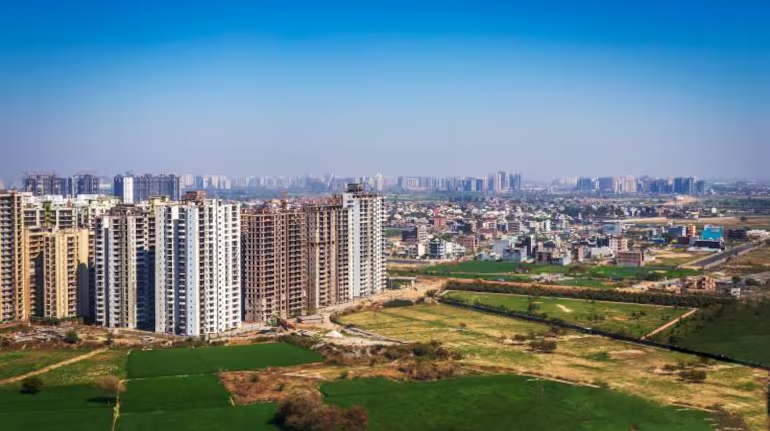In 2011, officials in Noida announced an ambitious plan: build a modern “Sports City” that would house Olympic-level stadiums, running tracks, and sports academies. The city’s skyline was to include green spaces and athletic hubs, alongside residential towers to support a new lifestyle for India’s urban middle class.
But over a decade later, that dream has collapsed into a full-blown corruption scandal. According to the Central Bureau of Investigation (CBI), instead of building sports infrastructure, developers used the land to construct and sell high-end apartments—pocketing massive profits while breaking nearly every rule along the way.
A Promise of Progress—Turned Profit Scheme
The Noida Authority leased large parcels of land in Sectors 78, 79, and 150 to private developers between 2011 and 2014. The deal was simple: build sports facilities on 70% of the land, and use the remaining 30% for commercial or residential use.
However, according to a Comptroller and Auditor General (CAG) report, developers flouted these rules. Stadiums were never built. Promised cricket fields became high-rise towers. In some cases, land meant for public use was converted to private villas.
Despite clear violations, the Noida Authority allegedly looked the other way—approving construction, issuing occupancy certificates, and even reducing dues owed by developers. The estimated loss to the state: ₹9,000 crore (nearly $1.1 billion).
FCRF x CERT-In Roll Out National Cyber Crisis Management Course to Prepare India’s Digital Defenders
CBI Raids and the High Court’s Wake-Up Call
The scam came under intense scrutiny after the Allahabad High Court stepped in. In February 2025, it ordered a CBI investigation, calling the situation a result of “collusion and corruption” between officials and developers.
The CBI filed three FIRs in March 2025, targeting major firms such as Xanadu Estates, Logix Infra, and Lotus Green. Raids followed across Delhi and Noida, where investigators seized digital records and internal documents.
Developers are now under investigation for cheating, criminal conspiracy, breach of trust, and forgery. Unnamed Noida Authority officials are also accused of helping fast-track approvals and suppressing violations.
Homebuyers Trapped, Dues Unpaid
Caught in the middle are over 10,000 homebuyers. Many purchased apartments in what they believed were well-planned communities with state-of-the-art amenities. Instead, they face delayed possessions, missing infrastructure, and legal uncertainty.
Meanwhile, developers owe more than ₹2,700 crore in dues to the Noida Authority—money that was never paid. Yet they continued to sell properties, often shifting ownership between shell companies to avoid penalties.
The High Court has directed the Enforcement Directorate (ED) to investigate money laundering angles and recover unpaid dues. It also asked the Noida Authority to stop issuing registries for unfinished projects.
FCRF x CERT-In Roll Out National Cyber Crisis Management Course to Prepare India’s Digital Defenders
The Road Ahead: A Test of Accountability
This case is not just about real estate fraud—it’s a test of how India handles elite corruption. Critics say the scam spanned multiple governments and survived because of deep-rooted political connections and bureaucratic complicity.
So far, courts have stayed arrests but allowed investigations to proceed. If convictions follow, it could become one of the largest real estate crackdowns in Indian history.
For now, buyers wait. Stadiums remain drawings on paper. And the dream of a world-class Sports City stands still—another monument to ambition undone by greed.


